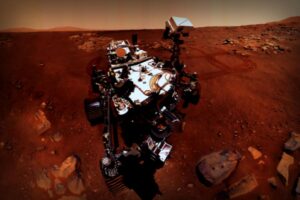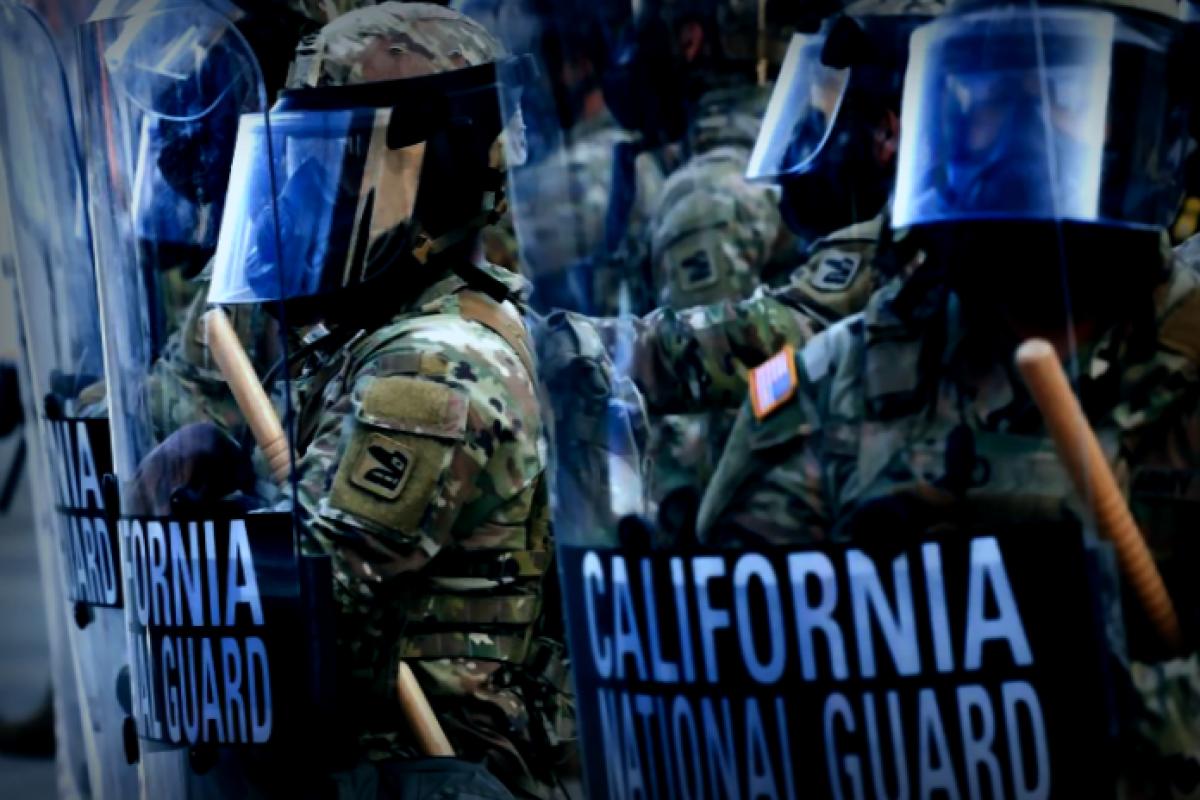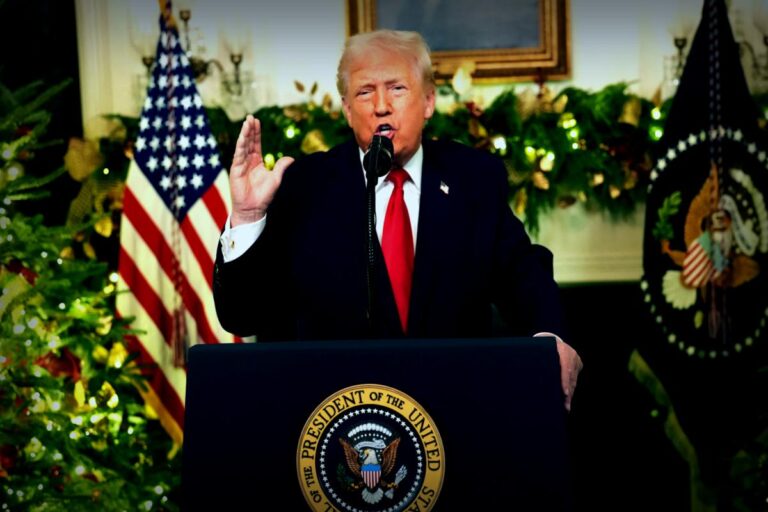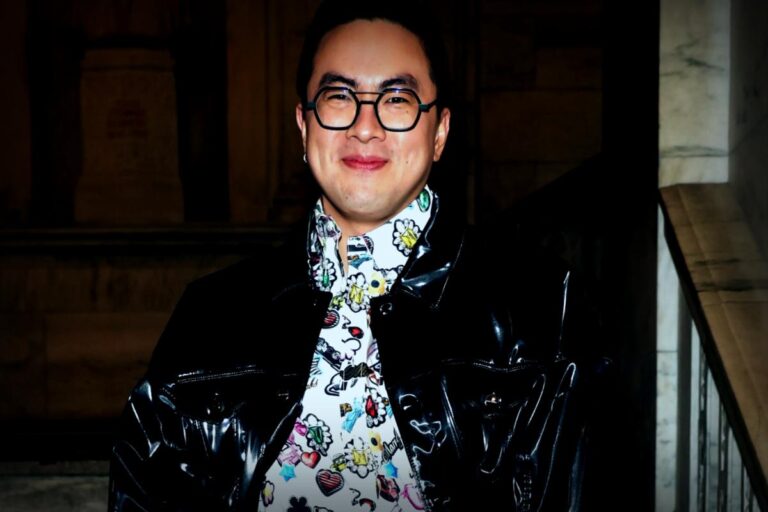In a significant ruling from WASHINGTON, a federal judge has blocked the Trump administration’s initiative to send in the National Guard to tackle crime in California. Judge Charles Breyer, from the U.S. District Court for the Northern District of California, delivered the order, which will remain on ice until September 12.
This deployment included 4,000 National Guard members and 700 active-duty Marines, ordered by Trump back in June as a response to widespread protests against extensive immigration raids in Los Angeles, the country’s second-largest city.
The deployment stirred up strong feelings and backlash from Democrats, highlighting their concerns over Trump’s use of military forces to quell opposition to his strict immigration policies.
This lawsuit has sparked essential legal discussions regarding the powers held by the president. California’s Governor Newsom, a notable Democrat, filed a claim alleging that the deployment breached U.S. norms and the Posse Comitatus Act, which restricts the use of federal troops for domestic law enforcement purposes.
The Trump administration contended that the U.S. Constitution allows the president to deploy troops to safeguard federal responsibilities, positing this as an exception to the Posse Comitatus Act.
Initially, Breyer ruled in June that Trump’s move to dispatch the National Guard was likely unlawful and ordered that control be reverted back to Newsom. However, this decision was later overturned by the 9th U.S. Circuit Court of Appeals.
A trial that concluded on August 13 examined the military’s role after they had been activated to support federal officers and immigration agents. Lawyers from California’s attorney general’s office investigated the possibility that these troops had engaged in law enforcement activities by setting up perimeters and detaining individuals, proving their presence to be unnecessary. They warned that ruling in favor of the Trump administration would enact a troubling and sweeping change regarding the military’s involvement in civilian life.
The defense aimed to illustrate that the deployed troops had acted solely in defense of federal agents from perceived threats, remaining within legal bounds. Breyer, however, expressed concerns about the lack of specific limitations on military leaders’ discretion over protection decisions.
Despite the ongoing trial, several hundred soldiers were still stationed in Los Angeles even after the protests had significantly abated. They were reportedly engaged in providing security during the dismantling of marijuana farms on the city’s outskirts and exhibiting force to prevent protests at a local park connected to immigration enforcement operations.
Separately, Trump has deployed the National Guard to patrol Washington, D.C., claiming the area struggles with crime. Breyer’s ruling will likely not affect this deployment since Trump enjoys broader authority to use the National Guard in D.C. compared to individual states.
(Reported by Jonathan Stempel; updated by Susan Heavey)




















